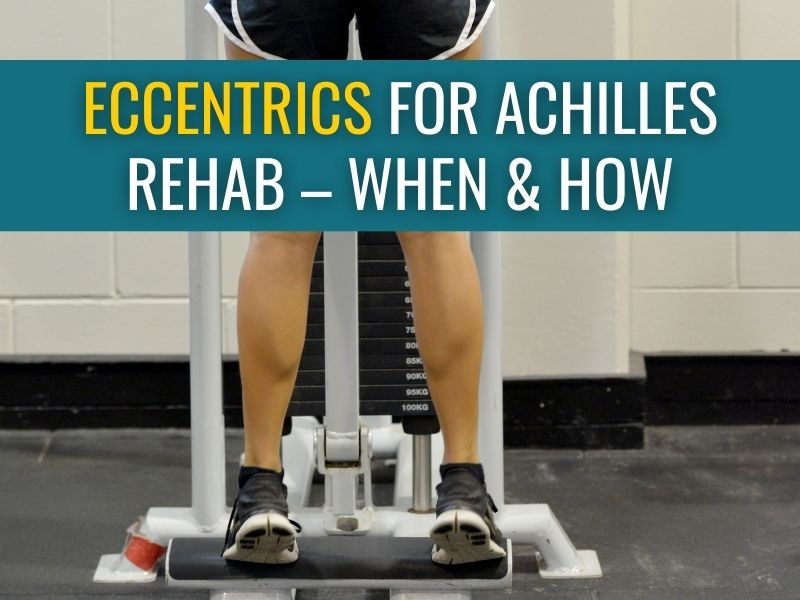Are you worried about rupturing your Achilles tendon? Then read this
- Maryke Louw

- Nov 13, 2019
- 3 min read
Updated: May 31, 2023
Yes, Achilles tendinopathy is a condition that can weaken you tendon and yes, if left unchecked it can lead to tendon rupture. BUT this rarely happens in runners or other athletes who train regularly. It is much more common in sedentary people who don’t often exercise and then suddenly take up exercise.
Interestingly, up to two thirds of these people also don’t have any of the “normal” symptoms (pain or stiffness) that we associate with tendinopathies before it happens. You can read more about this “silent” type of tendinopathy here. Remember, if you need more help with an Achilles injury, you're welcome to consult one of our team via video call.

The terms tendinitis, tendonitis, tendinosis, and tendinopathy mean the same thing for all practical purposes, and we use these interchangeably in our articles.
In this article:
We've also made a video about it:
Exercise strengthens your tendons
Tendons are mostly made up of collagen fibres. When you do exercise that work your Achilles tendon, it leads to increased collagen production. The fibres also become thicker and stronger.
If you rest your tendon for prolonged periods of time, it produces less collagen and the fibres lose some of their strength. This is why it’s so important that you do strength training exercises as part of your Achilles tendinopathy rehab.
How likely are you to tear your tendon?
No one can give you a definitive answer to this, but let me explain how we decide when our athletes who have Achilles tendinopathy are safe to go back to sport:
We initially reduce the intensity of their training to a level that does not aggravate their tendon, through designing a programme that allows them relative rest. In my experience, this is usually a “safe” intensity and I’ve not had any patient tear an Achilles tendon while applying this principle.
Then we make sure that we strengthen their tendons back up to the level that they need for their specific sport. When you run, forces of up to 6 times your bodyweight goes through your Achilles tendon and the strength training that you do, have to be enough to prepare your Achilles for this. We usually set our patients targets which are specific to them and the demands of their sport to gauge when they are ready to restart their sport.
Lastly, we reintroduce their sport slowly to allow their tendons to adapt to the new stimulus.
Factors that may increase the risk of tendon rupture
Fluoroquinolone antibiotics have been shown to carry a massive risk to tendon health. It can cause tendon weakness and rupture after a single dose and sometimes even up to 6 months after taking your last dose.
Corticosteroid use (either tablets or injections) has also been reported to lead to an increased risk of Achilles rupture.
In summary
Don’t worry too much about tearing your Achilles tendon when you have a tendinopathy. As long as you take action to get it treated and strengthen it properly, you’re at very low risk of tearing it.
How we can help
Need more help with your Achilles injury? You’re welcome to consult one of the team at TMA online via video call for an assessment of your injury and a tailored treatment plan.
We're all UK Chartered Physiotherapists with Master’s Degrees related to Sports & Exercise Medicine. But at Treat My Achilles we don't just value qualifications; all of us also have a wealth of experience working with athletes across a broad variety of sports, ranging from recreationally active people to professional athletes. You can meet the team here.

About the Author:
Maryke Louw is a chartered physiotherapist and holds an MSc in Sports Injury Management. You can follow her on LinkedIn, Facebook, Twitter, and Instagram.










